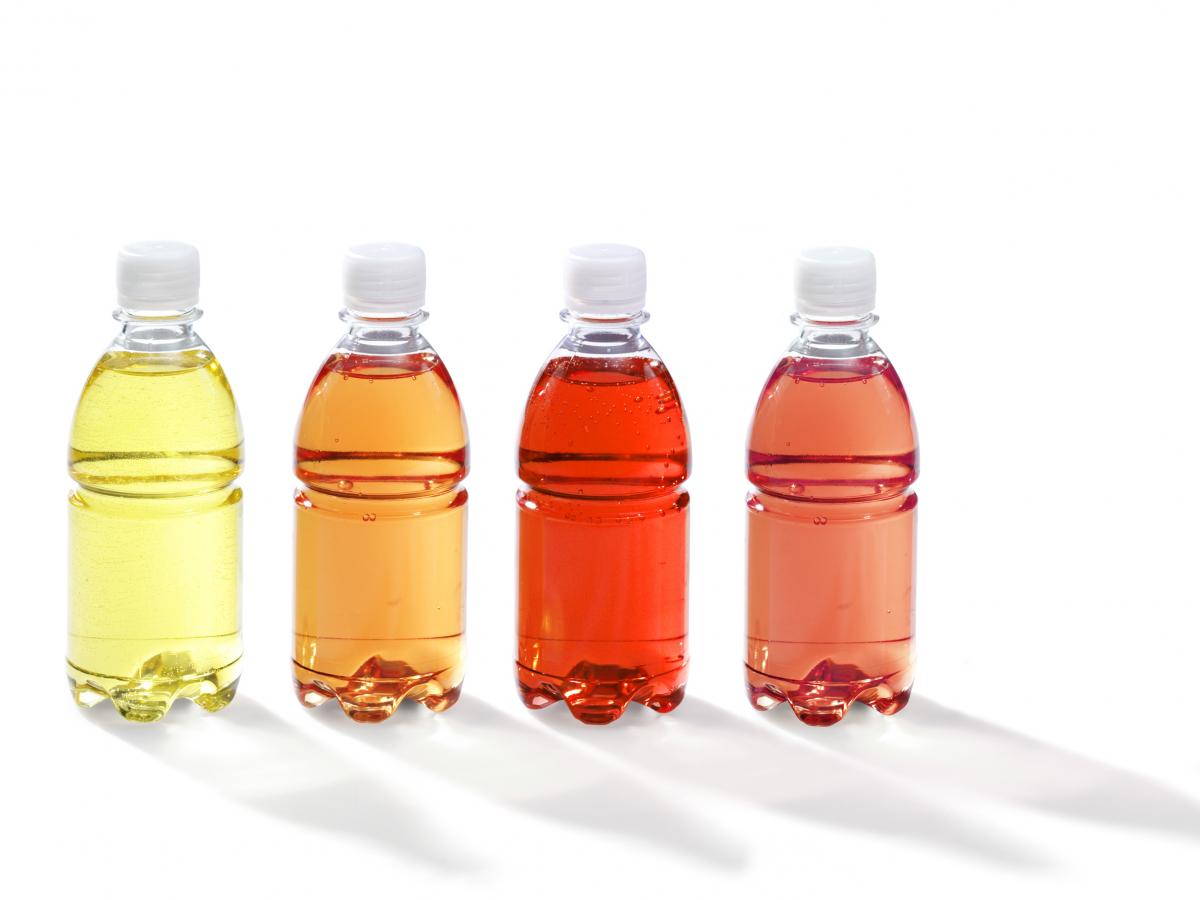REGULATORY changes in the declaration of synthetic colourants impact the food industry within the GCC region*. As of 1 January 2017, all foods and beverages containing the colourants Allura Red AC (INS 129), Sunset Yellow (INS 110), Azorubine / Carmosine (INS 122) or Tartrazine (INS 102) will have to carry the on-pack warning statement “this material may be having a negative effect on activity and concentration in children”.
Saudi Arabia will be the first country, where the legislation GSO 2500/2015 becomes effective. Since the Gulf Cooperation Council has resolved this statement soon to be mandatory for the entire region, not only companies producing in and importing to Saudi Arabia need to take action.
“Consumers all over the world and in the Middle East show growing scepticism towards additives – especially to those requiring warning statements, which could definitively keep health conscious shoppers from buying an affected product”, says Santhosh Thankappan, Sales Director at GNT Middle East. “Forward looking manufacturers should, therefore, now focus on truly natural colour solutions.” In order to avoid having to place such a warning, some producers have already revised their recipes or are looking for alternatives, thus creating further competitive pressure among the industry.

Products containing Allura Red AC (INS 129), Sunset Yellow (INS 110), Azorubine / Carmosine (INS 122) or Tartrazine (INS 102) must come with a warning (Photo: GNT)
Switch to natural colouring
To impart food and beverages with stable and vibrant colours, manufacturers can replace synthetic dyes with natural solutions such as Colouring Foods. These are concentrates made exclusively from fruits, vegetables and edible plants. Only gentle physical processes are used for their production. In terms of colour brilliance, stability and shelf life, as well as taste and feel of the final product, they are entirely comparable with colourants while being absolutely consumer friendly. Furthermore, they are suitable for vegan, kosher and halal diets. Since they follow the principle of colouring one food with another, Colouring Foods can simply be labelled as such. INS numbers and warnings are certainly not necessary.
From its office in Dubai, the GNT Group locally advises manufacturers with regard to the upcoming legislation and assists in switching from colourants to Colouring Foods. Application experts support throughout the entire product development process. They provide tailor-made solutions that deliver the exact hue and colour intensity for the application in question. “Today, there is no need to use additives, anymore. By replacing them with Colouring Foods, food companies in the Middle East can make their products absolutely future-proof”, says Thankappan.
*Bahrain, Kuwait, Oman, Qatar, Saudi Arabia and UAE
Related reports:
GNT invests in new R&D facilities
Reasons for picking a type of ice cream
Air Jordan














